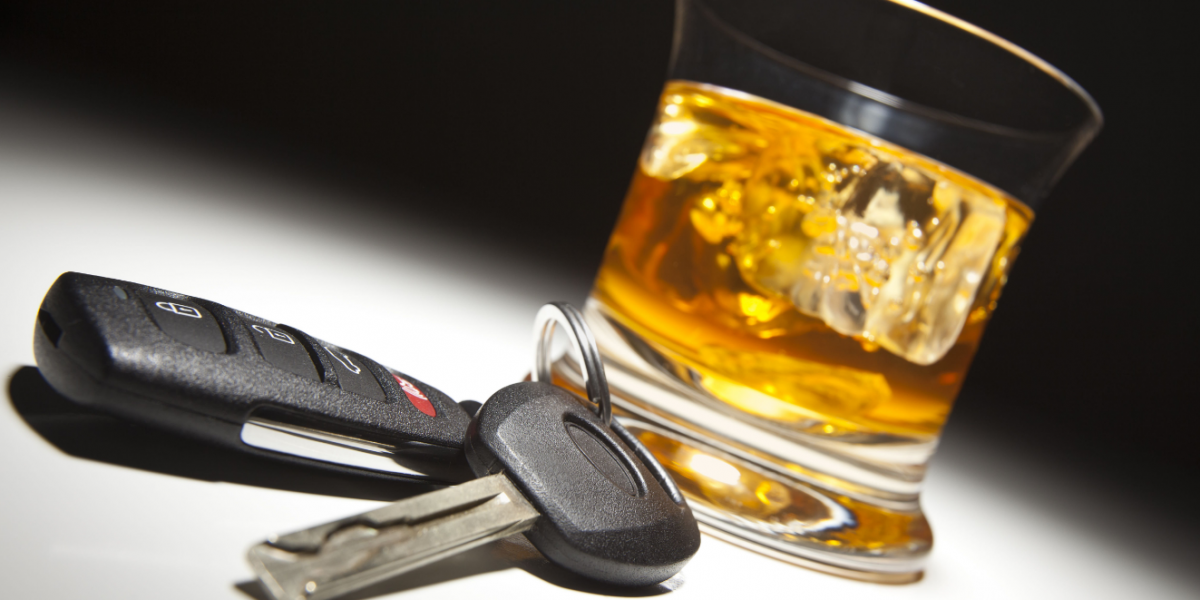It is safe to say that while preparing for their wedding day a majority of couples deal with the “prewedding jitters.” They are concerned about the weather, food quality, limousine service, entertainment, photography, and a plethora of minute details that would certainly overwhelm any ordinary person. But that same majority never even considers a premarital agreement.
There is a common misconception that a premarital agreement is only necessary for the “super rich.” It is often thought that its only use is to protect premarital assets and post-marital acquisitions. Although this is the most common use of a premarital agreement, it must be noted that it may be employed in a variety of ways. For example, a premarital agreement may be used to anticipate support obligations, tax issues, living expenses, property distribution, and educational expenses for children. It may be used to contemplate, premarriage, any major concerns or issues that may cause a rift in a relationship and ultimately lead to a divorce. At the very least, it may be used as an opportunity to explore issues that a future spouse might otherwise be hesitant to discuss.
 Prior to 1984, New Jersey case law provided little guidance regarding the validity and enforcement of premarital agreements. Finally in 1984, the New Jersey Superior Court drafted an opinion that provided rules that could be followed. In the case of Marschall v. Marschall, 195 N.J. Super. 16(Ch.Div.1984) the court held that premarital agreements are enforceable when there is full financial disclosure of assets and the agreement is not unconscionable.
Prior to 1984, New Jersey case law provided little guidance regarding the validity and enforcement of premarital agreements. Finally in 1984, the New Jersey Superior Court drafted an opinion that provided rules that could be followed. In the case of Marschall v. Marschall, 195 N.J. Super. 16(Ch.Div.1984) the court held that premarital agreements are enforceable when there is full financial disclosure of assets and the agreement is not unconscionable.
In 1988 the Legislature enacted the Uniform Premarital Agreement Act, N.J.S.A. 37:2-31, which reflected the legal principals that were established by Marschall and post-Marschall case law. The statute provides that
Parties to a premarital agreement may contract with respect to:
- The rights and obligations of each of the parties in any of the property of either or both of them whenever and wherever acquired or located;
- The right to buy, sell, use, transfer, exchange, abandon, lease, consume, expend, assign, create a security interest in, mortgage, encumber, dispose of, or otherwise manage and control property;
- The disposition of property upon separation, marital dissolution, death, or the occurrence or nonoccurrence of any other event;
- The modification or elimination of spousal support;
- The making of a will, trust, or other arrangement to carry out the provisions of the agreement;
- The ownership rights in and disposition of the death benefit from a life insurance policy;
- The choice of law governing the construction of the agreement; and
- Any other matter, including their personal rights and obligations, not in violation of public policy.
The statute supports public policy by allowing parties to freely enter into a contract. The parties are free to set the terms and conditions of the contract. The courts will uphold the contract without regard to the oddity of its terms or its unbalanced results.
However, the courts will not uphold the contract if the statutory requirements have not been met. The Uniform Premarital Agreement Act clearly provides the requirements for the enforceability of a premarital agreement. The act states that
The burden of proof to set aside a premarital agreement shall be upon the party alleging the agreement to be unenforceable. A premarital agreement shall not be enforceable if the party seeking to set aside the agreement proves, by clear and convincing evidence, that:
- The party executed the agreement involuntarily; or
- The agreement was unconscionable at the time enforcement was sought; or
- That party, before execution of the agreement:
- Was not provided full and fair disclosure of the earnings, property and financial obligations of the other party;
- Did not voluntarily and expressly waive, in writing, any right to disclosure of the property or financial obligations of the other party beyond the disclosure provided;
- Did not have, or reasonably could not have had, an adequate knowledge of the property or financial obligations of the other party; or
- Did not consult with independent legal counsel and did not voluntarily and expressly waive, in writing, the opportunity to consult with independent legal counsel.
- The issue of unconscionability of a premarital agreement shall be determined by the court as a matter of law.
N.J.S.A. 37:2-38
Under N.J.S.A. 37:2-32c, an ?unconscionable premarital agreement means an agreement, either due to a lack of property or unemployability: (1) Which would render a spouse without a means of reasonable support; (2) Which would make a spouse a public charge; or (3) Which would provide a standard of living far below that which was enjoyed before the marriage.? N.J.S.A. 37:2-32c
 The premarital agreement is well supported by public policy, case law, and statute. It is a document that allows two parties to carefully consider their economic and personal goals and to reach an accord on the basis of those considerations. It has the ability to eliminate uncertainty regarding moral standpoints. It can provide an opportunity for a spouse to voice a concern or opinion before entering into marriage. The premarital agreement can be used to bring out any major issues that might lead to argument and ultimately divorce.
The premarital agreement is well supported by public policy, case law, and statute. It is a document that allows two parties to carefully consider their economic and personal goals and to reach an accord on the basis of those considerations. It has the ability to eliminate uncertainty regarding moral standpoints. It can provide an opportunity for a spouse to voice a concern or opinion before entering into marriage. The premarital agreement can be used to bring out any major issues that might lead to argument and ultimately divorce.
It is our hope that the premarital agreement will no longer be seen as a tool employed only by the “super-rich.” We hope that it will be seen as an opportunity for discussion and agreement pre-marriage. We hope that it will help to reduce the number of failed marriages in New Jersey.



 According to California DUI Law you can be charged with a DUI if you have a blood alcohol concentration of .08% or above, or have drugs in your system, whether they are illegal or prescription drugs. If you are under 21 years old, you will be charged with a DUI if your alcohol level is .01% or above. Driving under the influence arrests can result in misdemeanor or felony charges.
According to California DUI Law you can be charged with a DUI if you have a blood alcohol concentration of .08% or above, or have drugs in your system, whether they are illegal or prescription drugs. If you are under 21 years old, you will be charged with a DUI if your alcohol level is .01% or above. Driving under the influence arrests can result in misdemeanor or felony charges.
